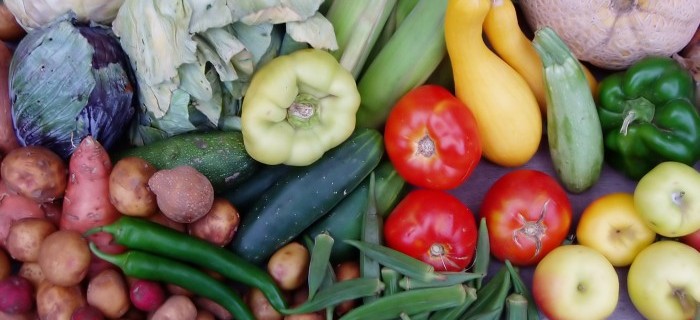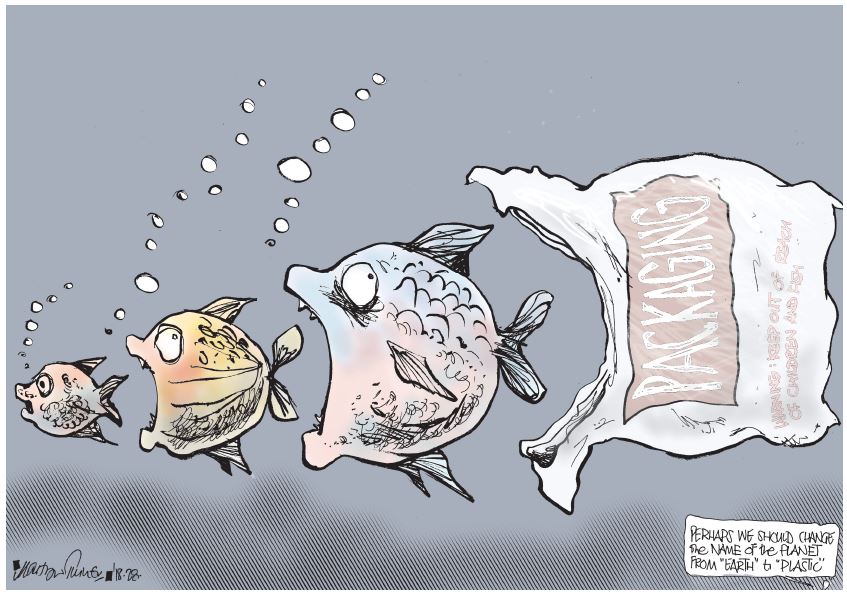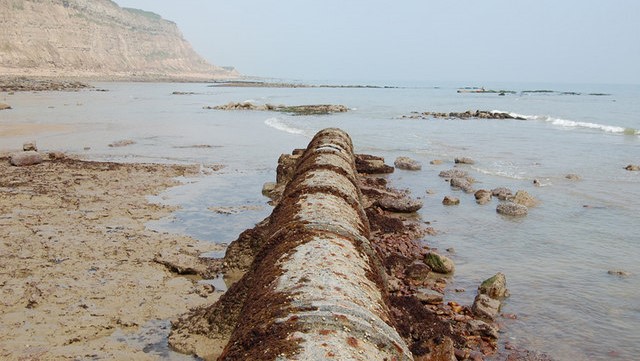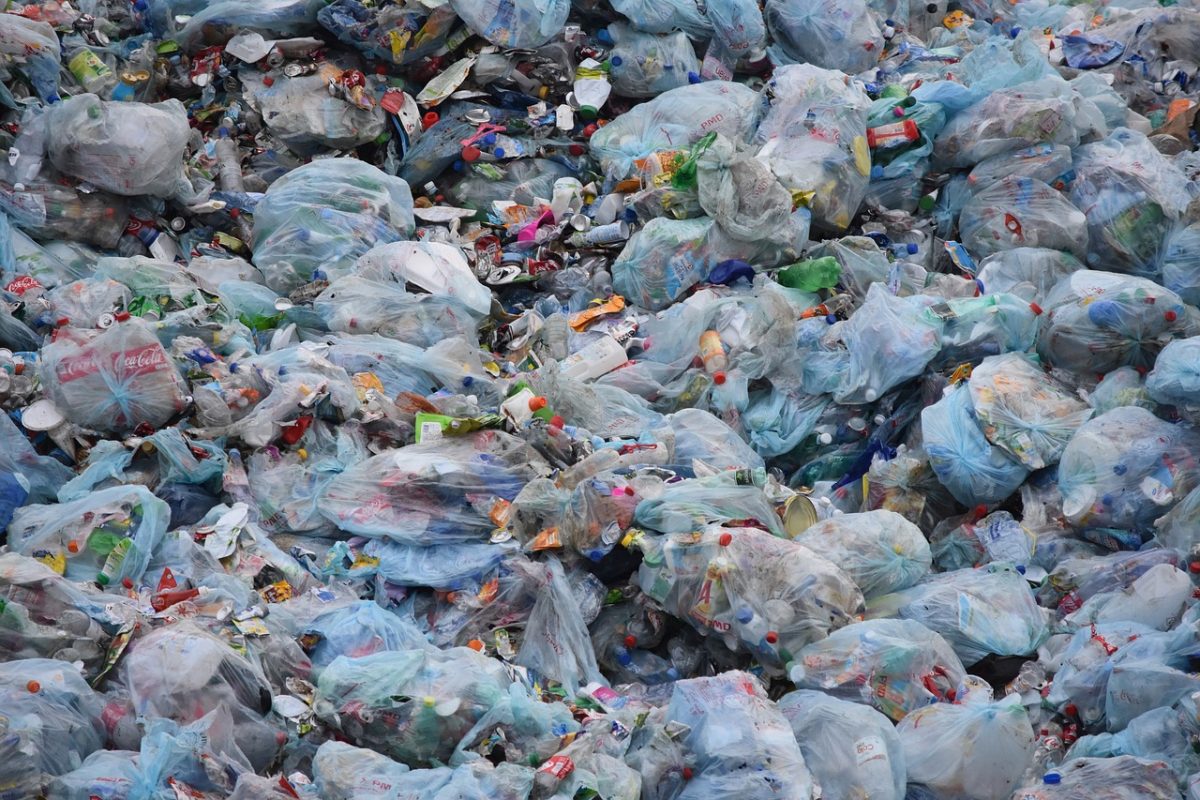Solutions to our plastic problem: Lessons from South Korea

January 29th, 2018
The culture of drinking coffee has progressively become a profound culture in the Asian country of South Korea.
Moving away from the traditional tea drinking culture of South Asia states, South Korea is now considered as one of the biggest coffee drinking countries in Asia, if not the world.
According to Korea Women’s Environmental Network (KWEN), the number of coffee shops in South Korea surpassed 90,000 in the first half of 2017.
This is a staggering statistic, meaning that South Korea now has more coffee shops than the United States, which has a population six times larger than the Asian state.
And with more coffee shops, come more disposable coffee cups. According to KWEN, the number of disposable cups sold in South Korea rose from 432 million in 2009 to 672 million in 2015.

Photo: Pxhere
Disposable cups in Korea
Some groups in Korea have linked the rise in disposable cups to the abolishment of a disposable cup deposit scheme which ran from 2003 to 2008.
The South Korea government are currently contemplating reintroducing the disposable cup deposit scheme to curb disposable cup waste growing year on year.
Prior to this, in 2002, the Korean Ministry of Environment reached a voluntary agreement with 13 major coffee shops and fast-food chains to reduce the use of disposable products.
The agreement includes a reduction of the use of disposable products, intensified collection and reuse of inevitably used disposable cups, and offering incentives to people with reusable cups.
In 2013, the agreement was renewed, with the Government adding the setting up of quantitative reduction targets, press releases on inspection results, and offering instant cash discounts to people with reusable cups.
Other than disposable cups, South Korea also has some other environmental policies to protect the environment and try to bring down waste levels.
Korea’s current regulations require businesses that use a large number of disposable items to restrict their use or prohibit shops from giving them out to customers for free.
For example, retail stores are banned from providing any plastic shopping bags to customers and restaurants are restricted from giving out disposable utensils, plates, and bowls in their vicinity.
The Korean government also put restrictions on packaging methods to reduce any unnecessary packaging material and prohibits the use of materials that are difficult to recycle such as PVC.
By 2009, each person in South Korea generated just over 1 kg of waste each day, of which, over 60 per cent was recycled for a total of 120 kg of residual waste per capita each year. In comparison, the average Irish citizens throw away around 330 kg residual waste each year.
[x_author title=”About the Author”]







